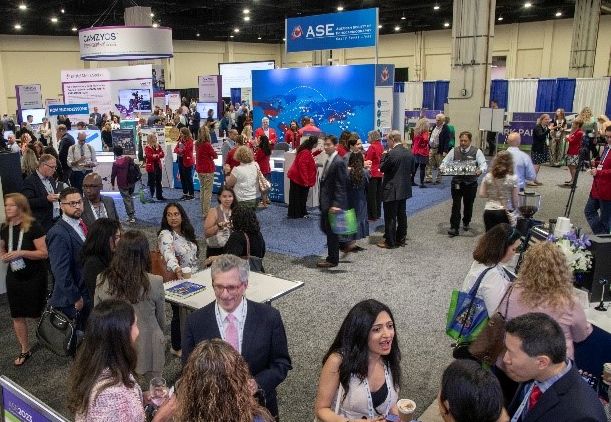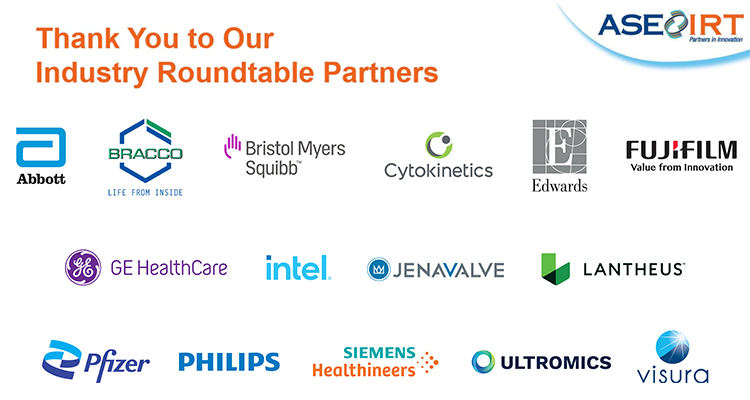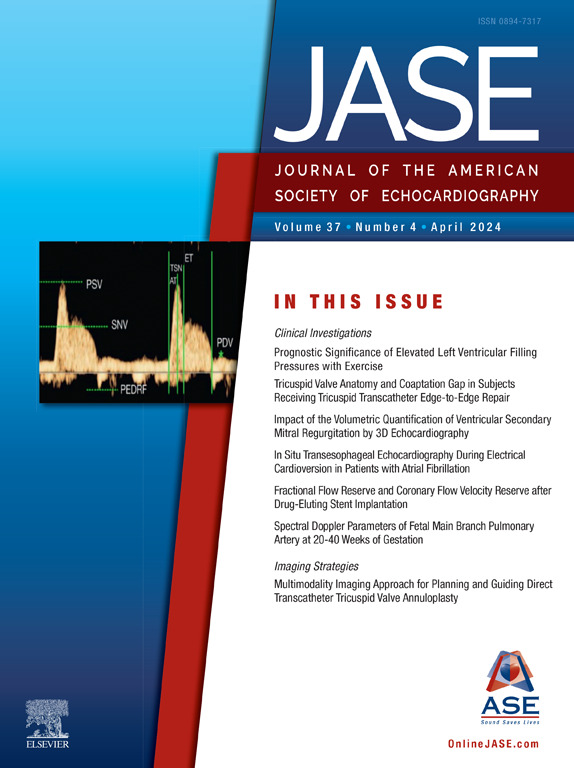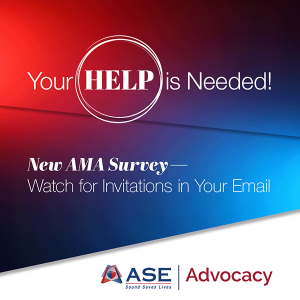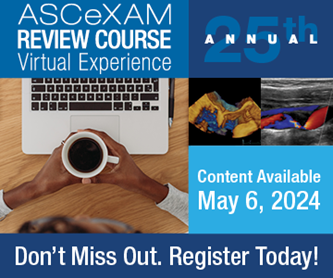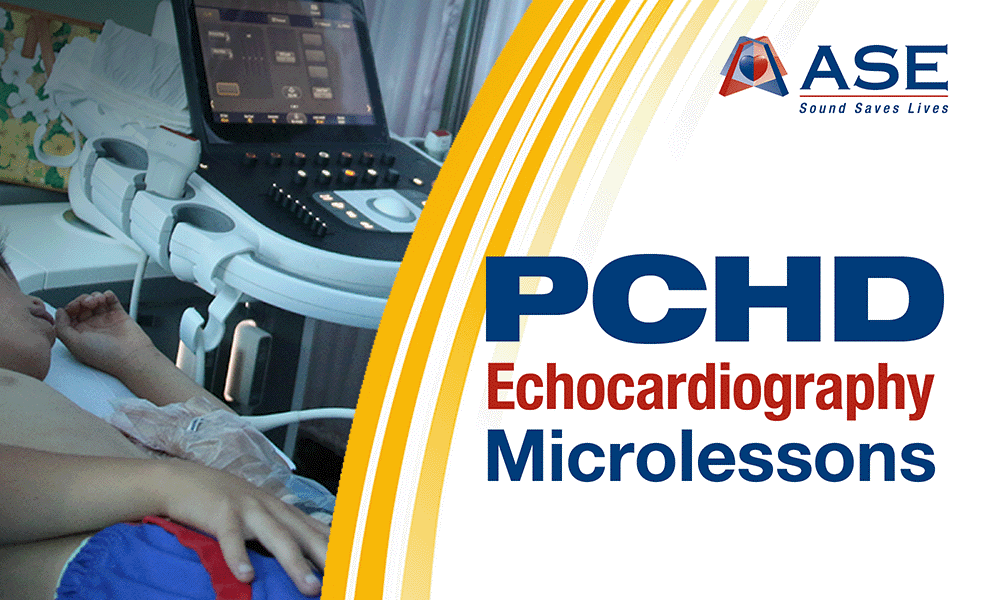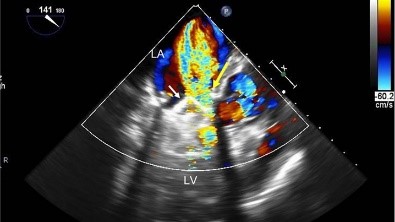This time of year, taxes and finances are top of mind for many individuals. As a benefit of membership, ASE members at all stages of their career have access to a financial literacy awareness program through the ASE Learning Hub. Now, or anytime, is a great time to plan for your financial future!
ASE partnered with JFS Wealth Advisors to offer the following:
- Financial information for all stages of your career
- Articles, videos, and blogs on a variety of financial topics
- Access to planning experts, and more!


